24 Best Alcohol and Drug Rehabs in Omaha, NE 2025
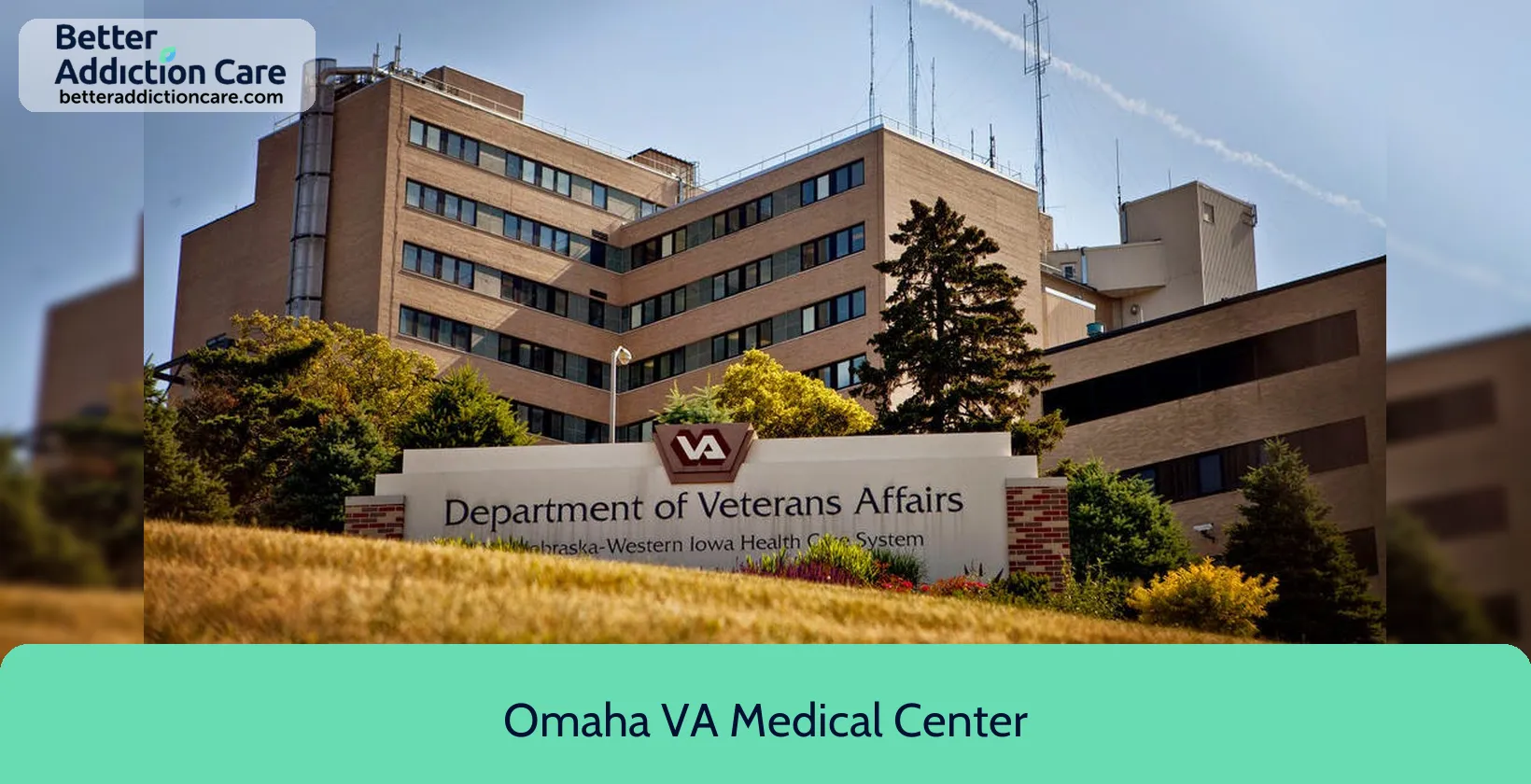
7.90
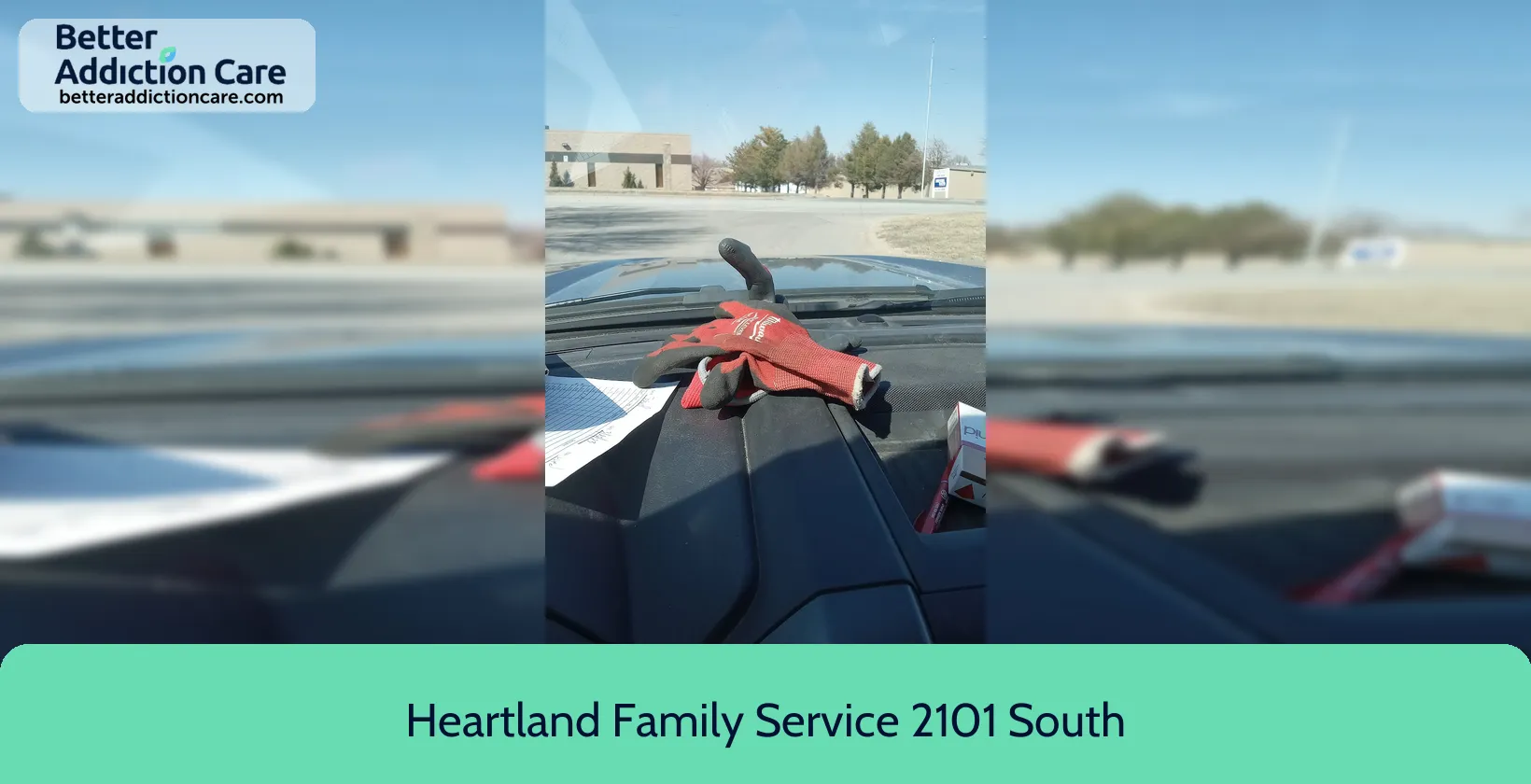
7.38
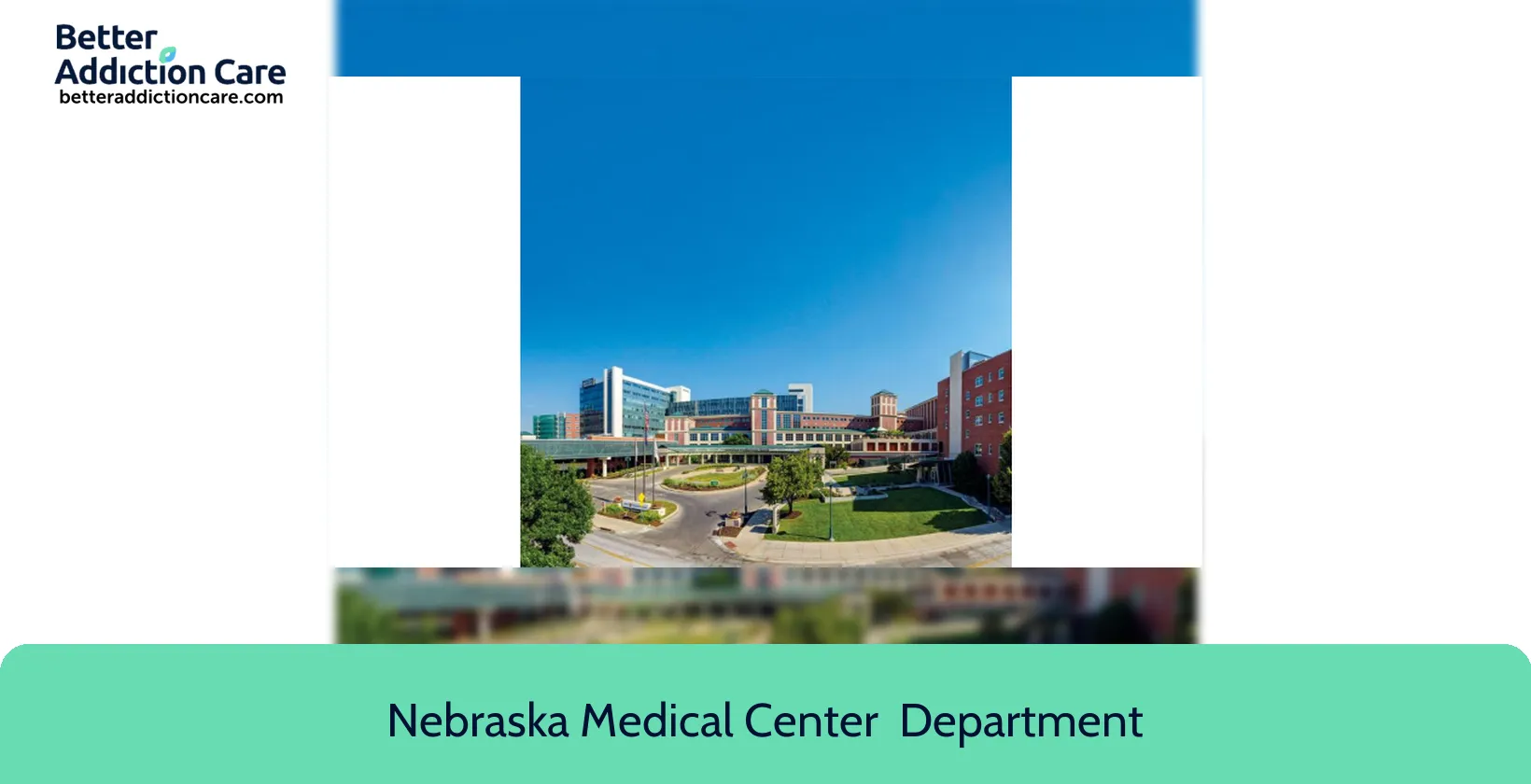
6.77
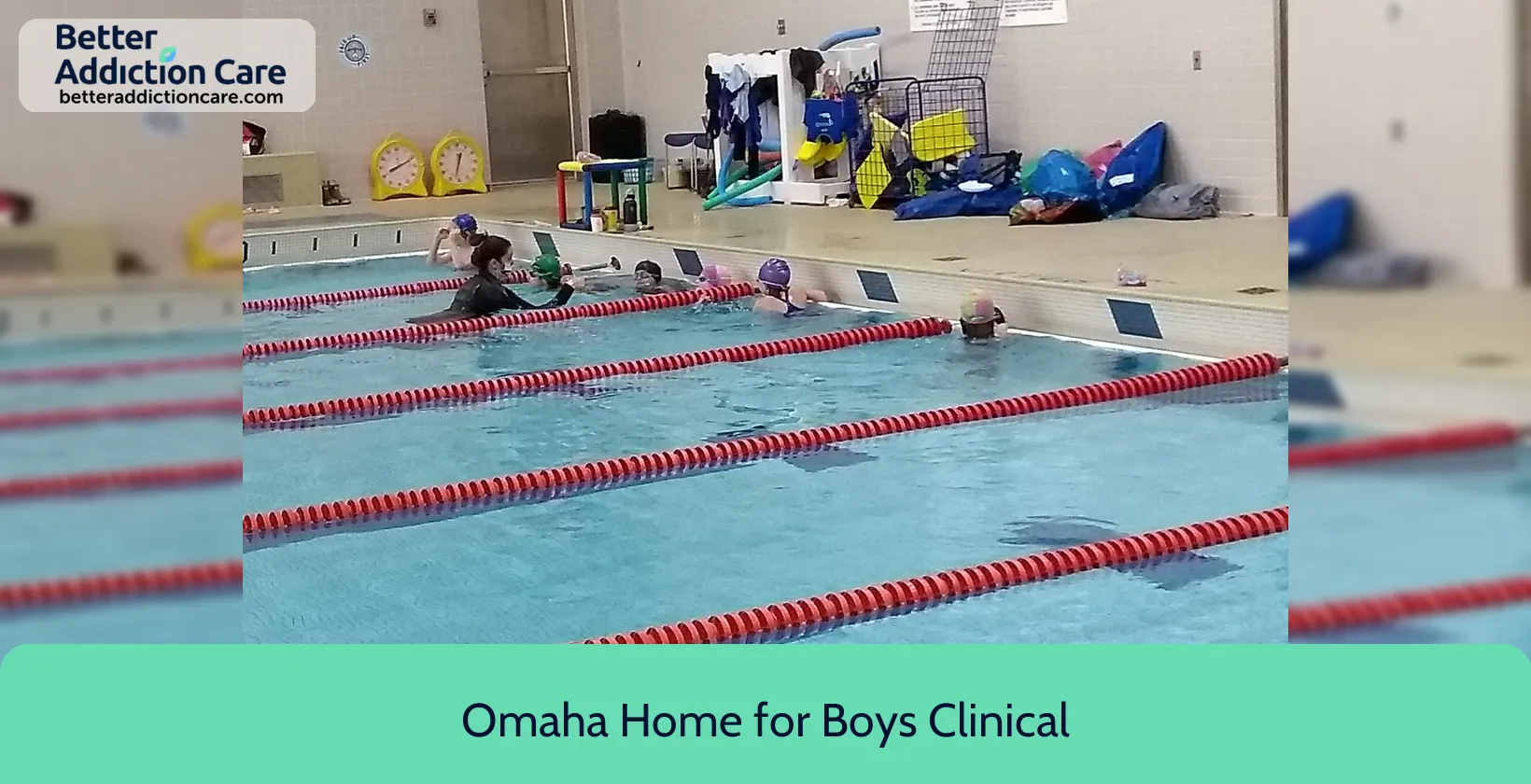
6.83
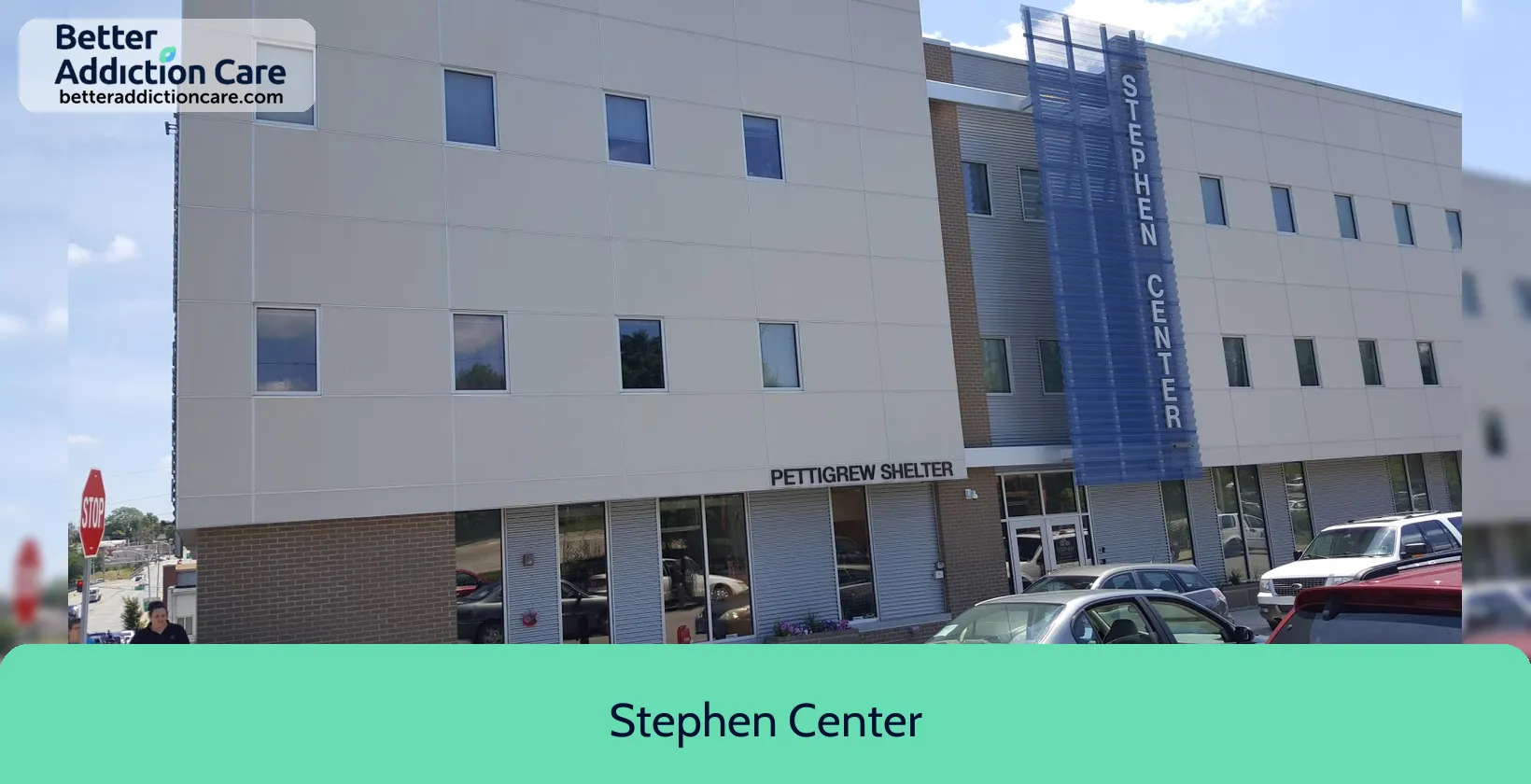
6.92

6.71
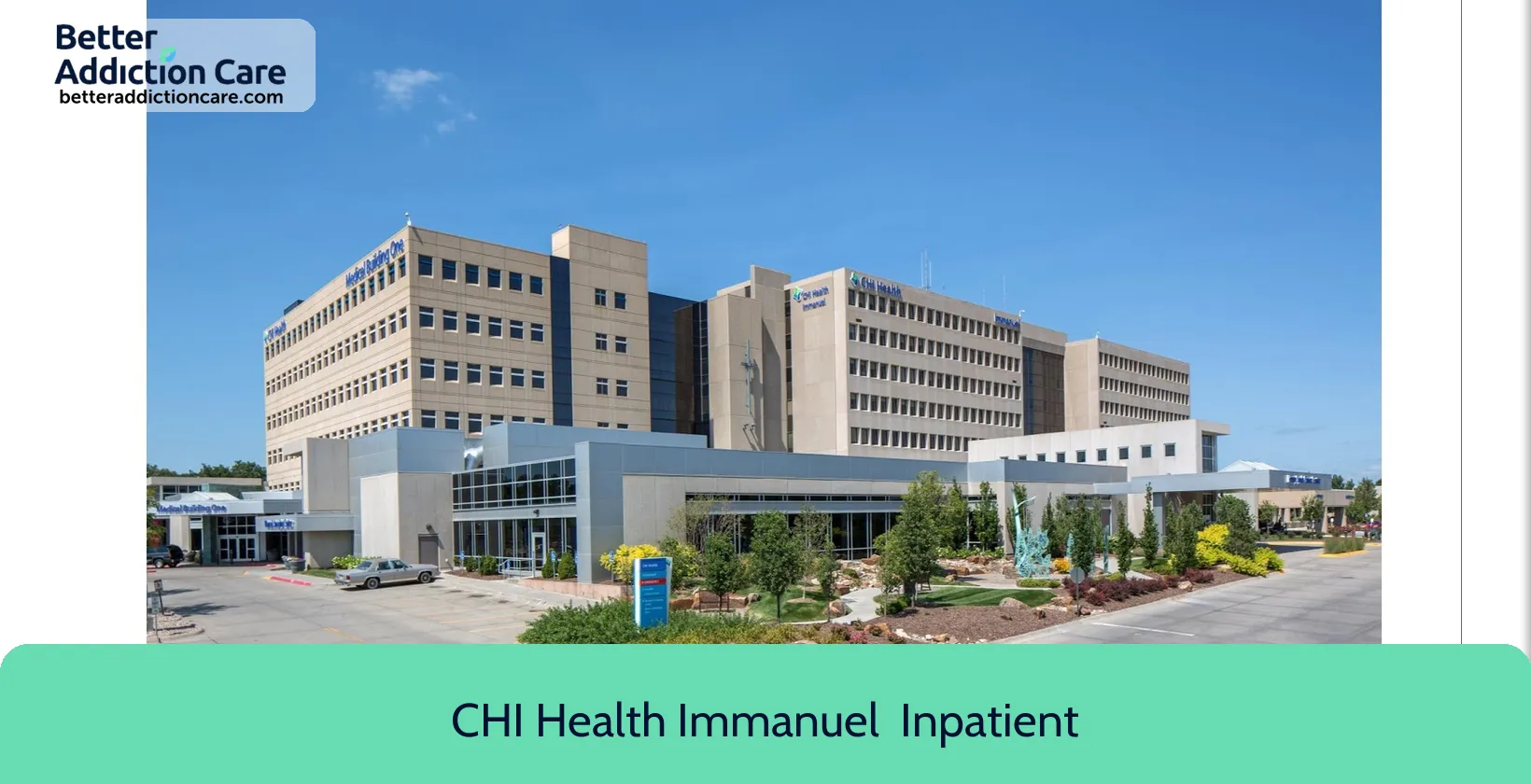
6.71
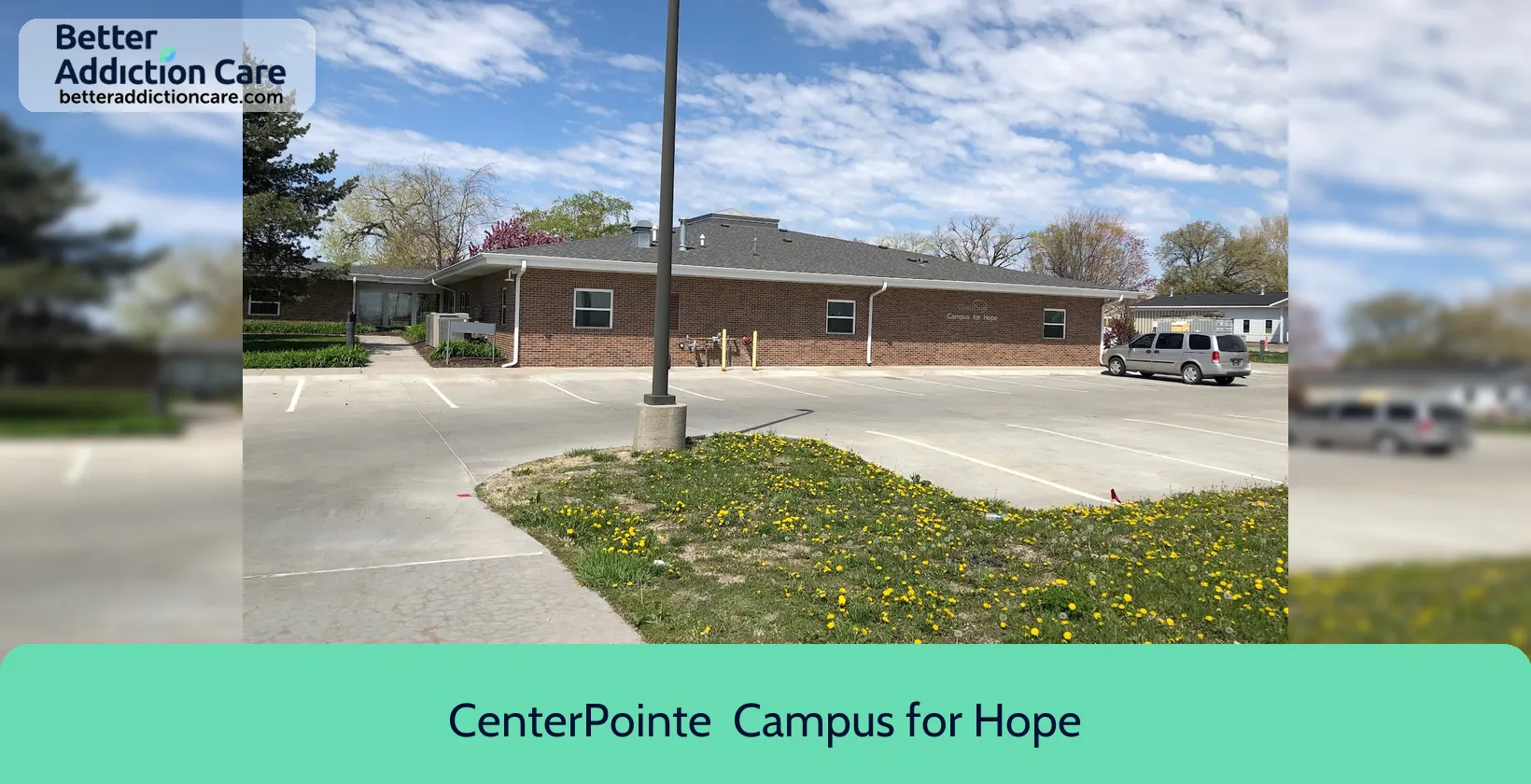
7.41
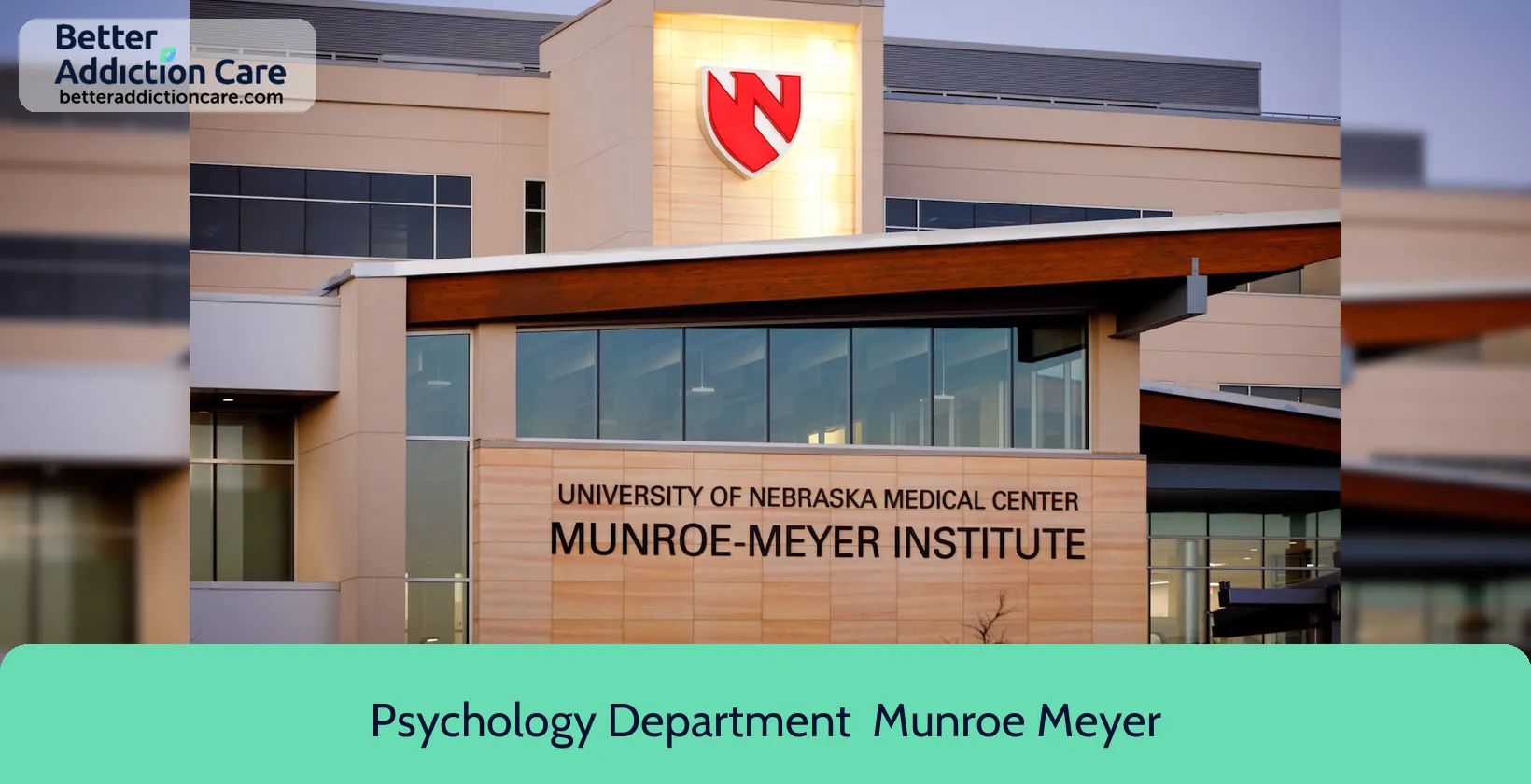
6.62
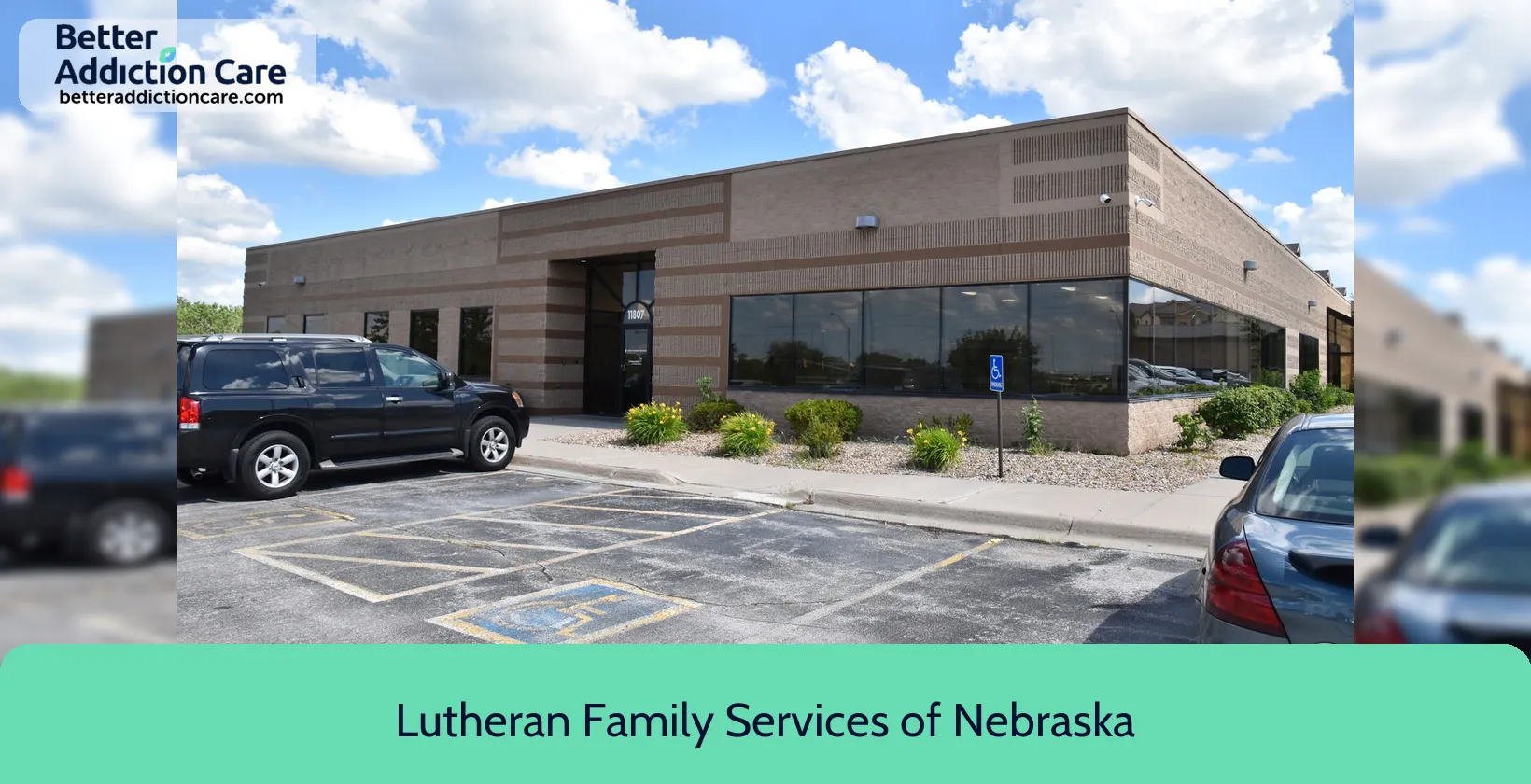
6.56
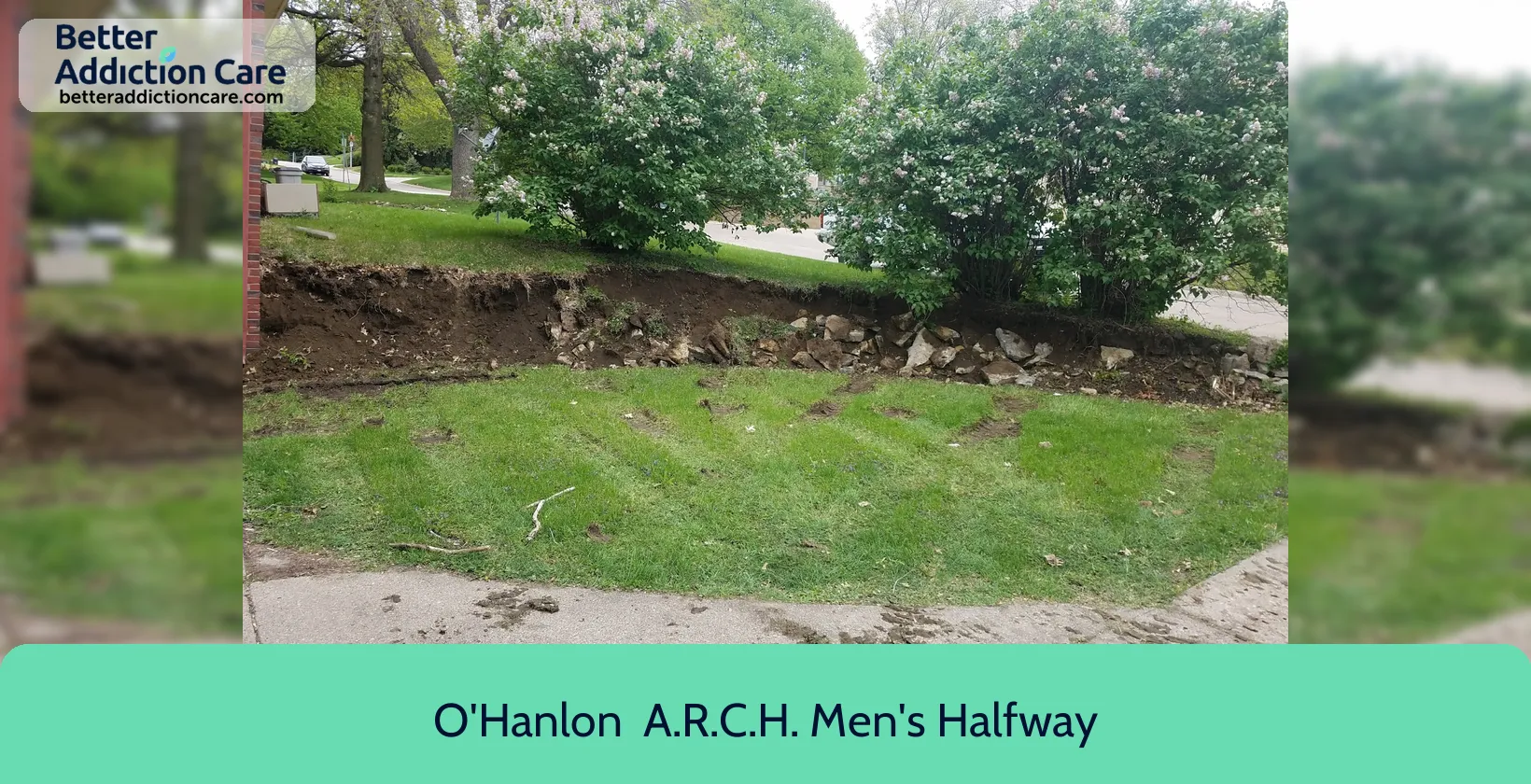
6.80

6.50

6.62

6.77

6.65

7.04

7.15

7.05

6.74

6.65

6.86

7.34

6.68

6.73
Local Rehabs in Nebraska
Common Questions About Rehab in Omaha
Take a look at our FAQ. We've tried to fill it with all the answers you're looking for. And if not, contact us on (888) 349-0436.


